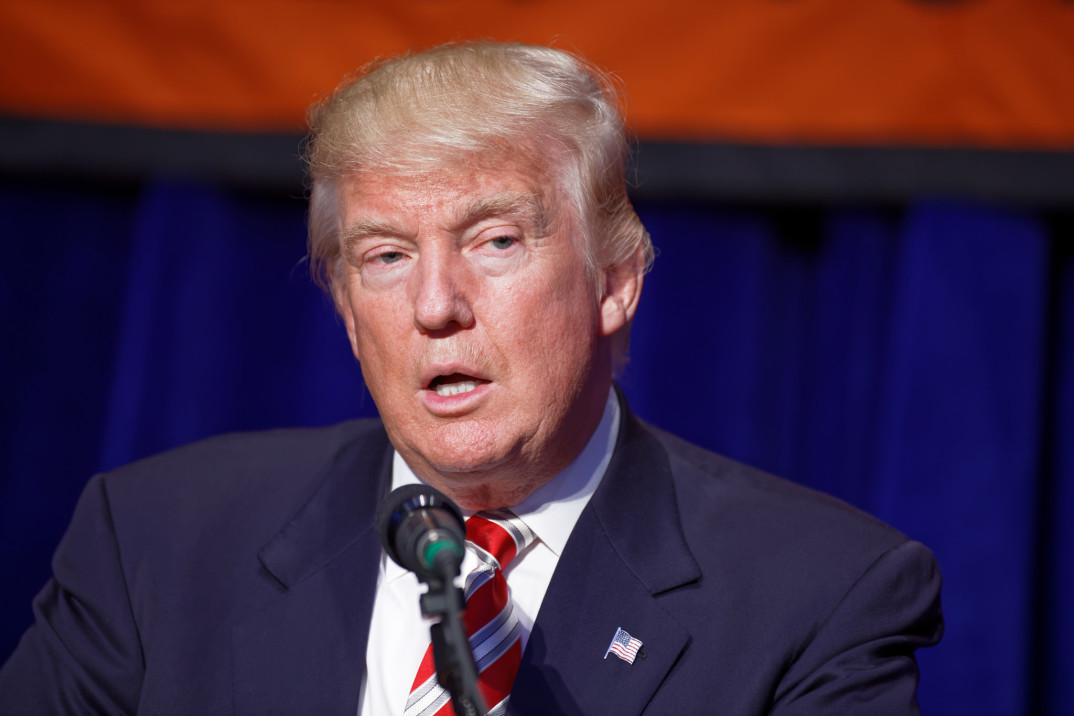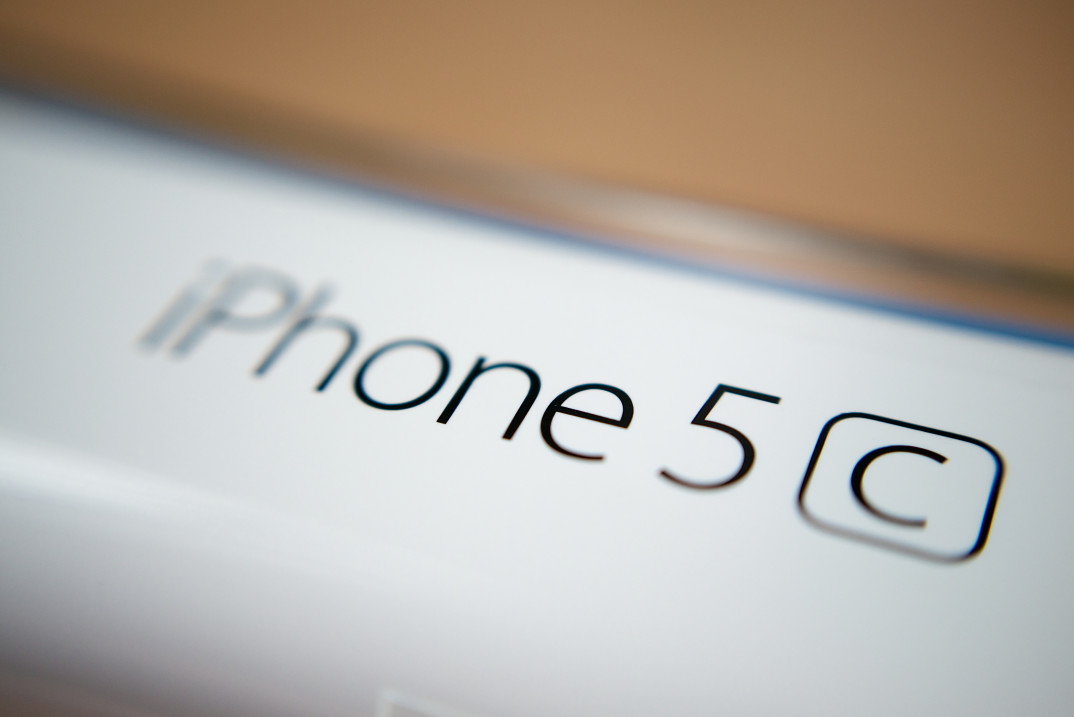In a sting operation conducted by the FBI in 2015, over 8,000 IP addresses in 120 countries were collected in an effort to take down the website Playpen and its users. Playpen was a communal website that operates on the Dark Web through the Tor browser. Essentially, the site was used to collect images related to child pornography and extreme child abuse. At its peak, Playpen had a community of around 215,000 members and more than 117,000 posts, with 11,000 unique visitors a week.
Continue reading “Law Enforcement Surveillance and the Protection of Civil Liberties”




